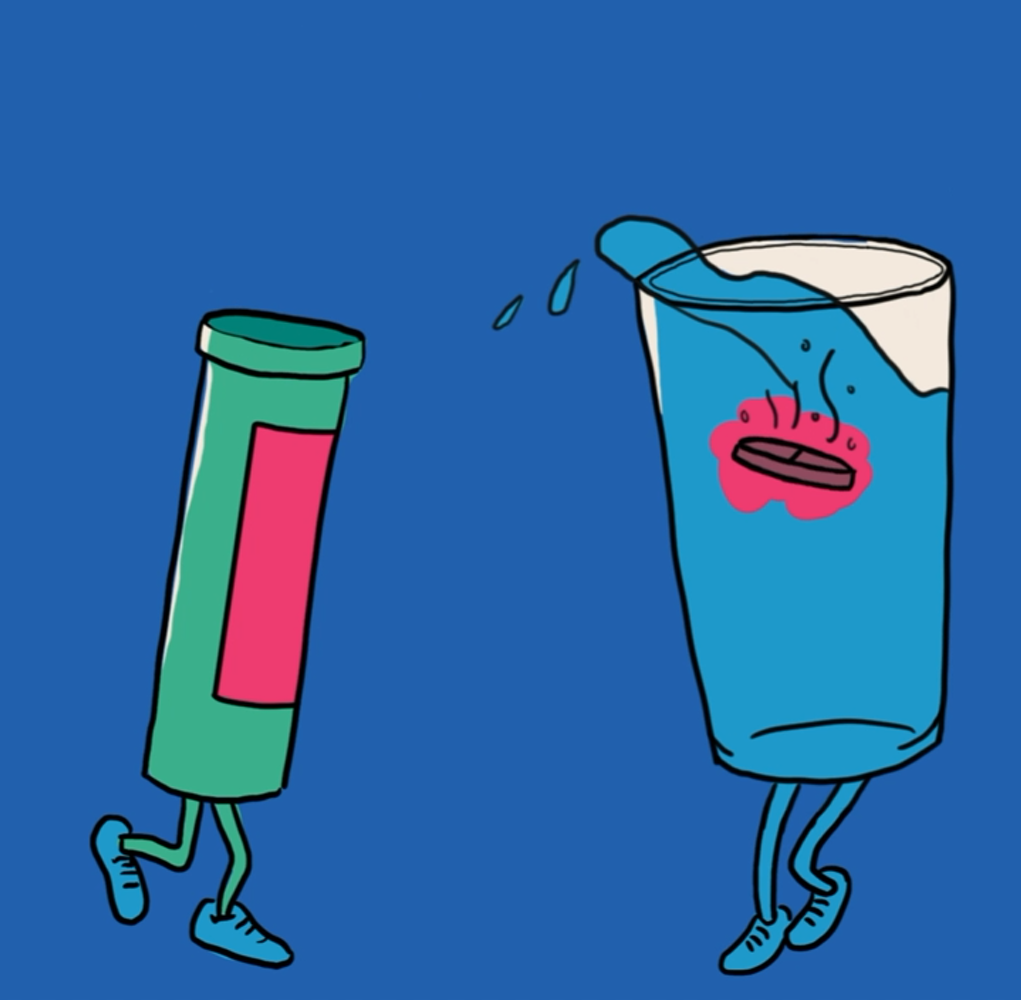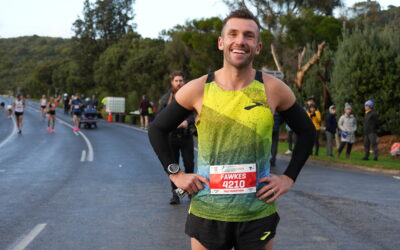Training for your first marathon can feel like a daunting process. Sticking and following a training plan, staying motivated, getting enough sleep and most importantly, knowing how to fuel your body can feel like there is a lot on your plate.. (pun intended).
It’s hard to know what the best process to follow is. So to help figure out the best way to approach a nutrition plan for training for a marathon, we spoke to David Catalyst, a well-known dietitian from Western Australia.
We’ve broken it down into four separate stages of nutrition planning to help you visualise where your key focus should be. Read below our Q & A with David and all of the advice he provides.

Preparation
Q: How important is nutrition when preparing for a half marathon?
A: Nutrition is a crucial factor in driving adaptation.
The half marathon is that distance whereby it is probably time to start thinking about incorporating specific fuelling strategies pre-run such as (carbohydrates and caffeine), during (for example, sports gels) and post (refuelling and rehydration.)
Q: Do rest and nutrition work hand in hand together?
A: The only training you are growing from is the training you are recovering from overnight. Nutrition drives adaptation to promote muscle growth and recovery.
Night before
Q: What is an ideal meal to eat the night before a big race?
A: The night before should predominately focus on a meal rich in carbohydrates and low in fibre, for example, white rice, pasta and bread. The addition of a small amount of protein and less focus on fruit and vegetables due to the high fibre content can increase your risk of an upset tummy on the actual race day.
On the day
Q: It’s race day; what should we eat prior?
A: Ensuring you stick to a routine is pivotal for your success on race day. The food you consume on your training days is the food you should stick with for the race.
David says, ‘For me, my go to is white toast with simple spreads, and coffee which maximises performance! I stick to low fibre carbohydrates to reduce the risk of gut upset and caffeine to boost performance’.
A sneaky tip: Go one step further and add a pinch of salt to your toast to improve your hydration status.
Post-run
Q: How important is nutrition when recovering from a long-distance run?
A: Crucial, let’s never forget how gruelling a half marathon can be on the body from a fuelling and hydration perspective.
Therefore, refuelling adequately will ensure we can recover sufficiently and bounce back for the next week or race ahead, reducing our risk of injury and getting sick due to compromised immune function.
If you liked David’s take on nutrition and want to learn more you can follow him on socials here.





